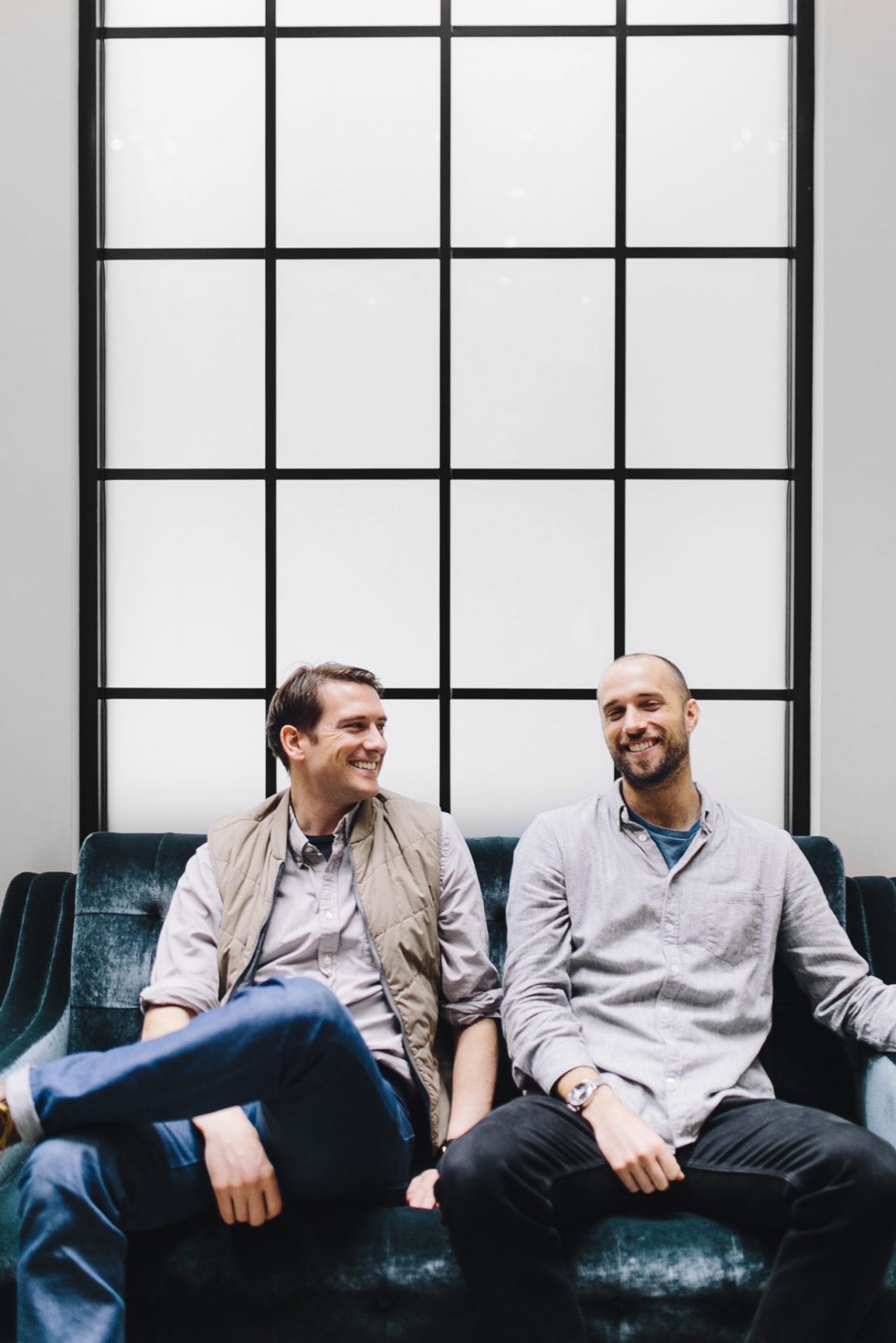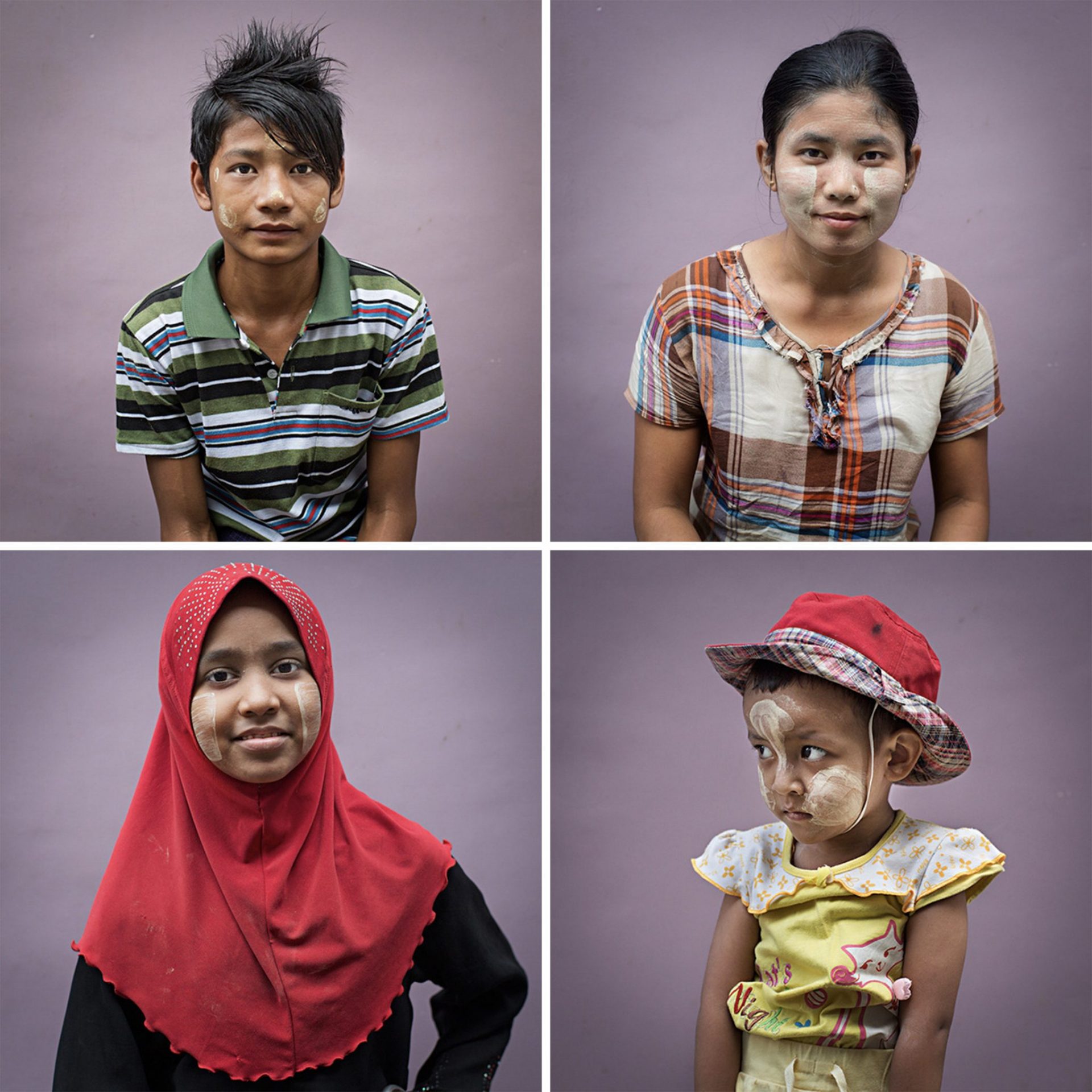Jungles in Paris on Content Creation and World Culture

Brothers Oliver and Darrell Hartman bring their diverse backgrounds in filmmaking and writing to Jungles in Paris, a multimedia documentary platform, where they work with photographers and videographers to tell stories that celebrate the diversity of the human experience. We met up with Oliver and Darrell at SIXTY SoHo to talk travel, culture and content creation.
Here are five lessons we learned from Oliver and Darrell Hartman.
01 Storytellers come from all different backgrounds.
Oliver: “I studied psychology and biology in college, and had no grounding in film. After college, I worked in media strategy in San Francisco and got a lot of experience at a digital agency. It was a great foundation, and the experience I needed to start NORTH of New York, a full-service creative production company, which laid the foundation for Jungles in Paris.”
Darrell: “I don’t know about the technical side of video making, but I’ve always been interested in film. I love the combination of storytelling and aesthetics, so I bring my experience as a Travel+Leisure editor and fact-checker to Jungles in Paris, and help to put these stories together.”
02 Long-form content still matters.
Darrell: “I’m a writer. I love words and literature. We do have to adapt to a changing media landscape, but I haven’t given up on the quality element that goes into writing. Yes, we have to shorten the content, but we have to make sure it still has the quality of that 4,000-word Conde Nast Traveler article that nobody is writing anymore.”
Oliver: “Quality is one word, but I would use the word value. If written content has value, whether that content is long or short, then it’s good.”
03 Offline research is important to producing quality content.
Darrell: “I write many of the stories for Jungles in Paris, and I edit them all. I don’t trust Wikipedia. As much as possible, I go to the New York Public Library to do research. I maintain a certain level of old-school research values, and that’s helped me produce quality content. When I have to use the internet, Google Books has been a great resource, but often times, the best and only place to find the right information is offline, in the library.”
Oliver: “We’re always speaking with people who are not affiliated with PR. We like to meet with academics to confirm some of the data we use in our storytelling. We’ll seek out conservation biologists and anthropologists and scholars so we can get it right when we’re talking about obscure topics, like camel herders in Western India.”
04 Good storytelling changes the way people view different cultures.
Oliver: “Jungles in Paris is a human culture endeavor that showcases all that is diverse and beautiful and humanizing. At the core, everything is curious and interesting if you take the time to look at it. We’re revealing the diversity of the human experience and celebrating that. We paint a wide swatch of the human experience, and hope that people walk away from our content feeling good about the diversity that exists in the world.”
Darrell: “It’s about different ways of living. We like covering topics that have a long history in human culture. Like people in Myanmar using organic plant substances as their makeup and as sunblock. It’s a solution to a human problem that’s been in their culture for a hundred years. We tell stories like this to highlight defining, distinguishing elements of a culture, and to help people to see its value.”

05 Travelers today are looking for new experiences.
Darrell: “The bar has been raised for uniqueness. Today, travel is all about what you tell your friends after the trip, so people are seeking more special, singular experiences. What was once unique is now cliche. Once the tour busses show up to a new destination, it’s over.”
Oliver: “We talk to travel companies, and they say their top sellers are Western Europe. But in their marketing, they want to sell aspiration—more exotic destinations. Which comes first? There’s a galloping movement, I think, to rustic or outdoors travel.”
Darrell: “Travelers want an element of ruggedness—somewhere between luxury and backpacking. They want authenticity. Daily life is so tied up in city life, with very little risk or danger. Today’s travelers are looking for a tiny hint of that in their vacation.”
Oliver: “It’s also image fatigue. People get tired of seeing the Eiffel Tower, and they move on to something else. It starts as a novelty, then becomes a cliche. And then people go to space.”
What has been their favorite trip, and where will they go next?
Oliver: “I really want to go to Lapland, the most northern area of Finland. My favorite place to travel so far has been Tanzania. It was an unbelievable experience because of the scale of the landscapes and the visible wildlife.”
Darrell: “Best trip? Nepal. High-altitude Nepal. I’d love to go to Patagonia.”
843 words
Recent Spherical Articles

